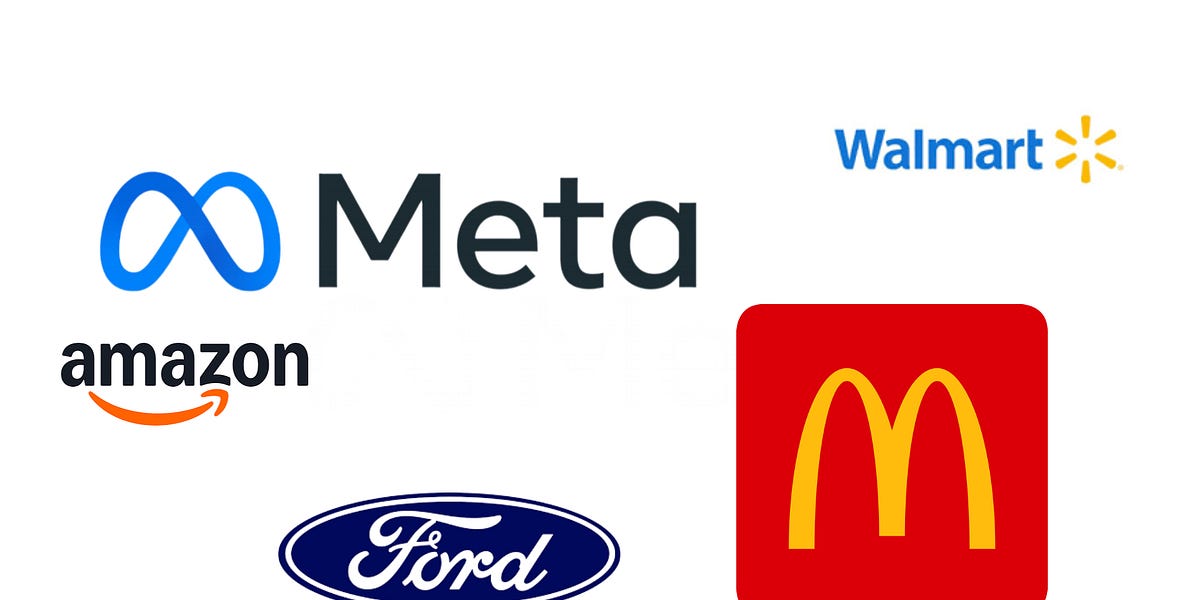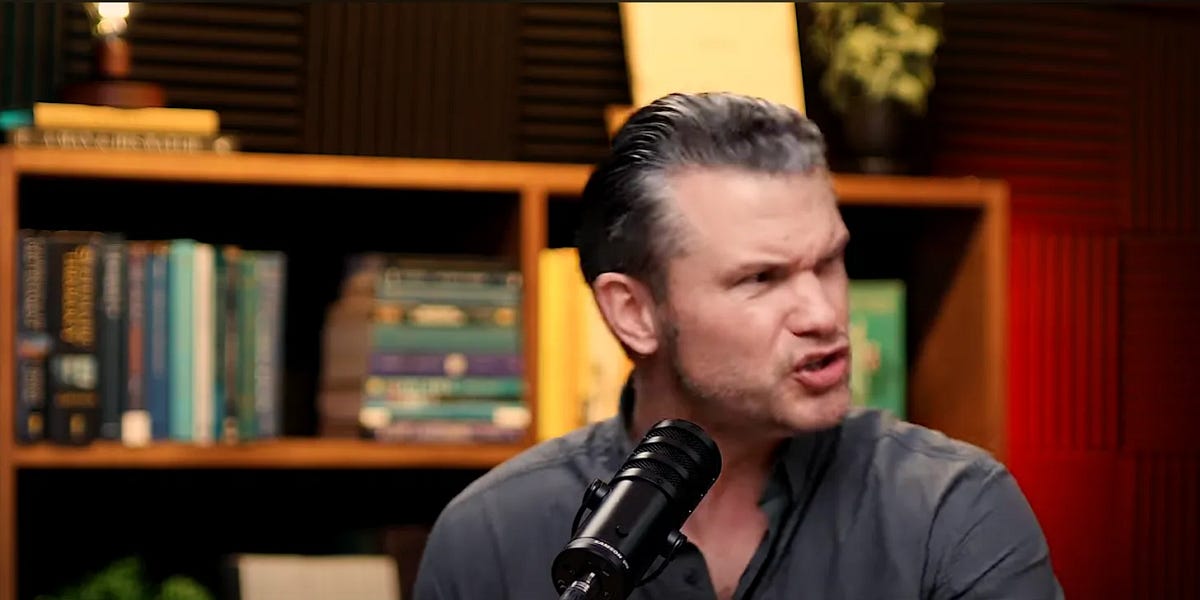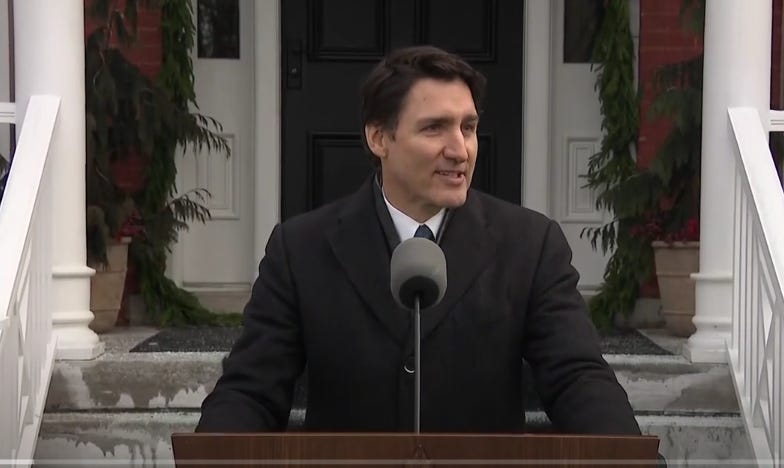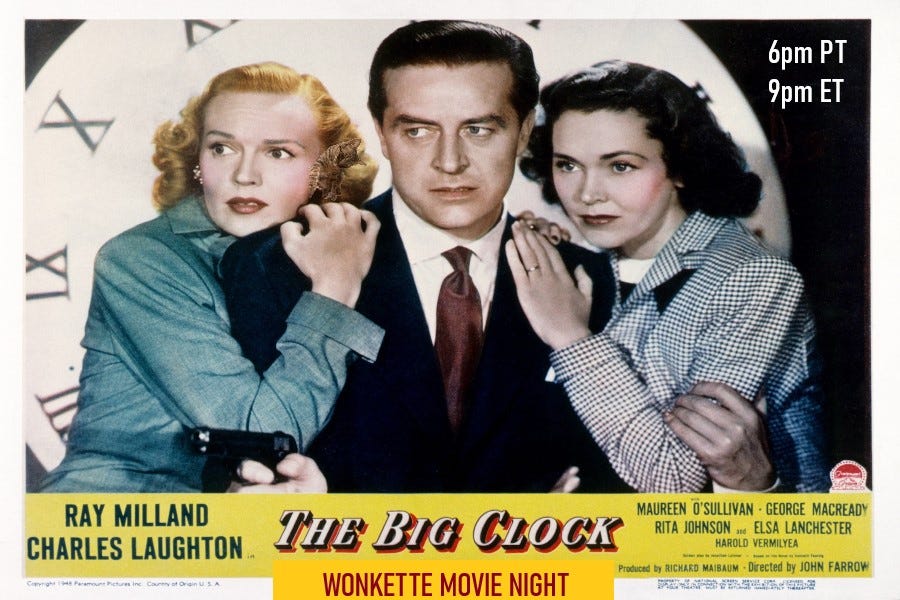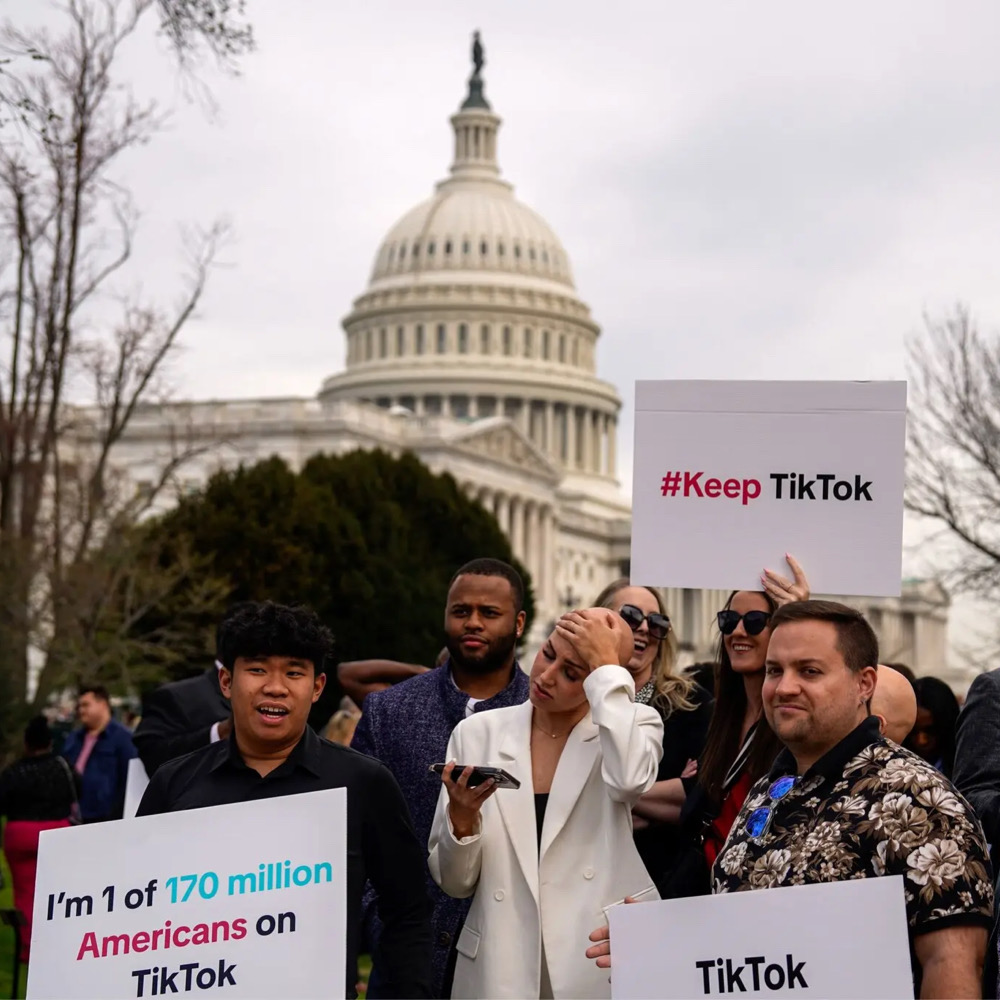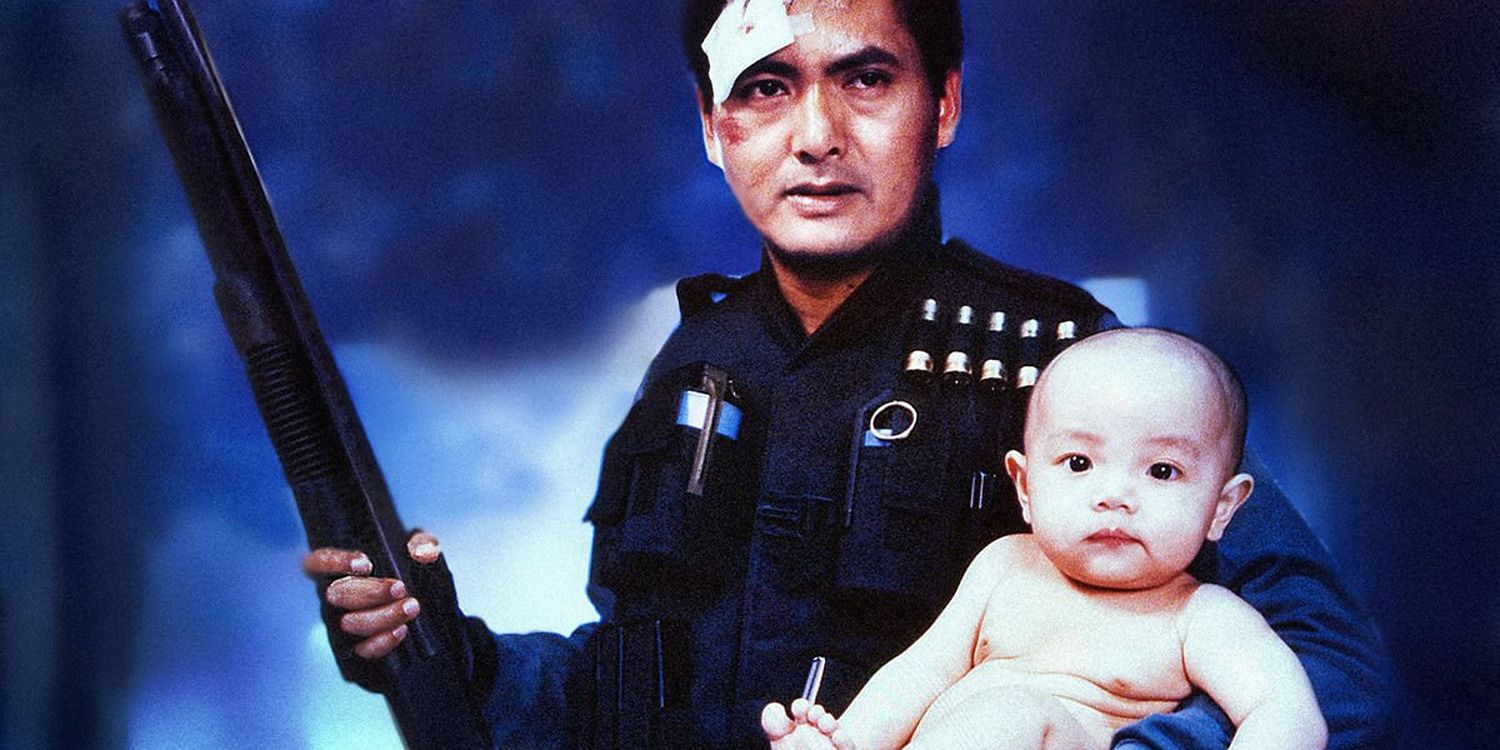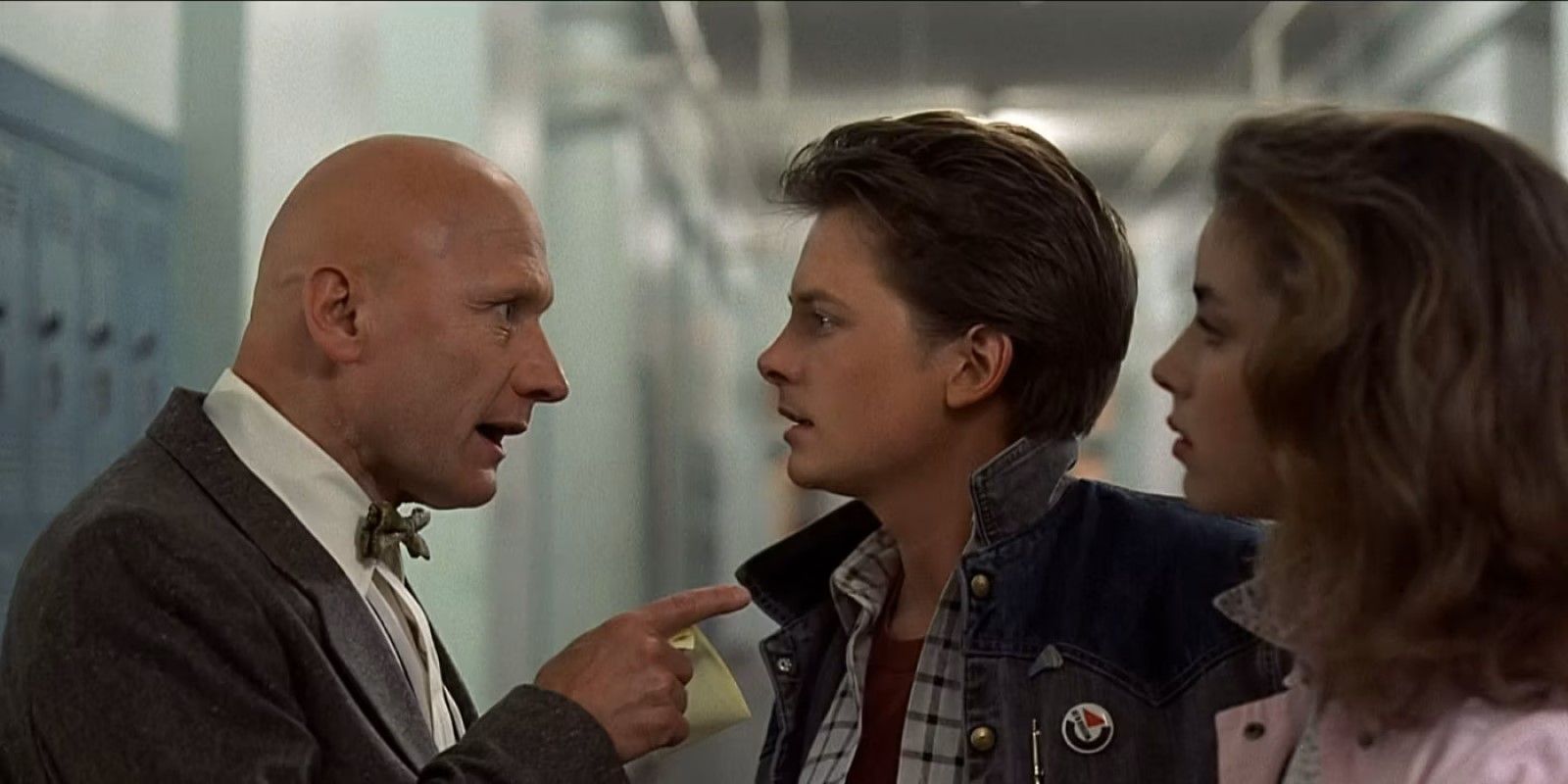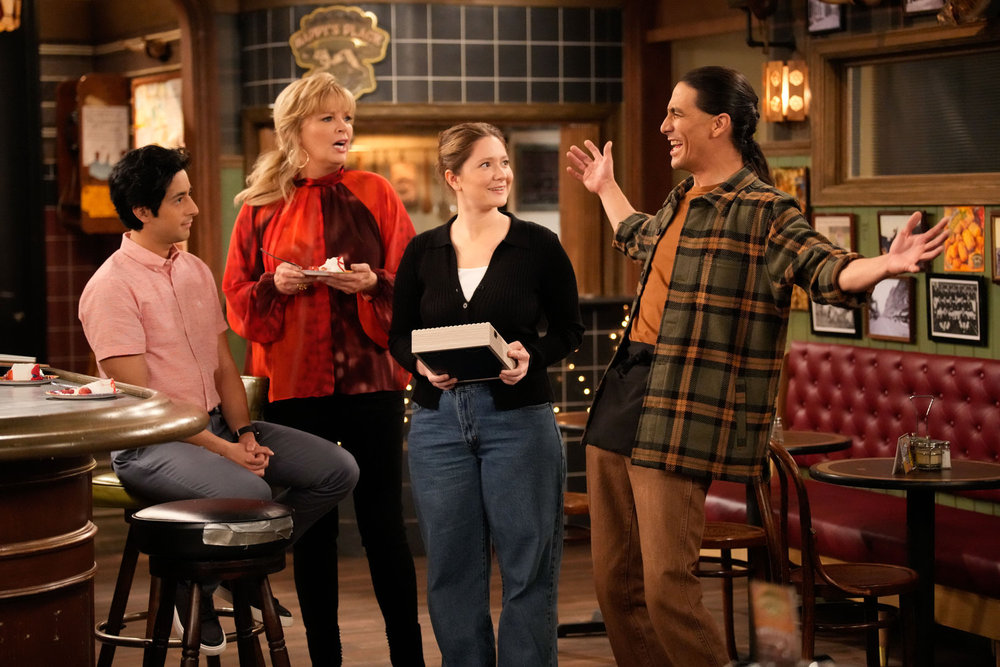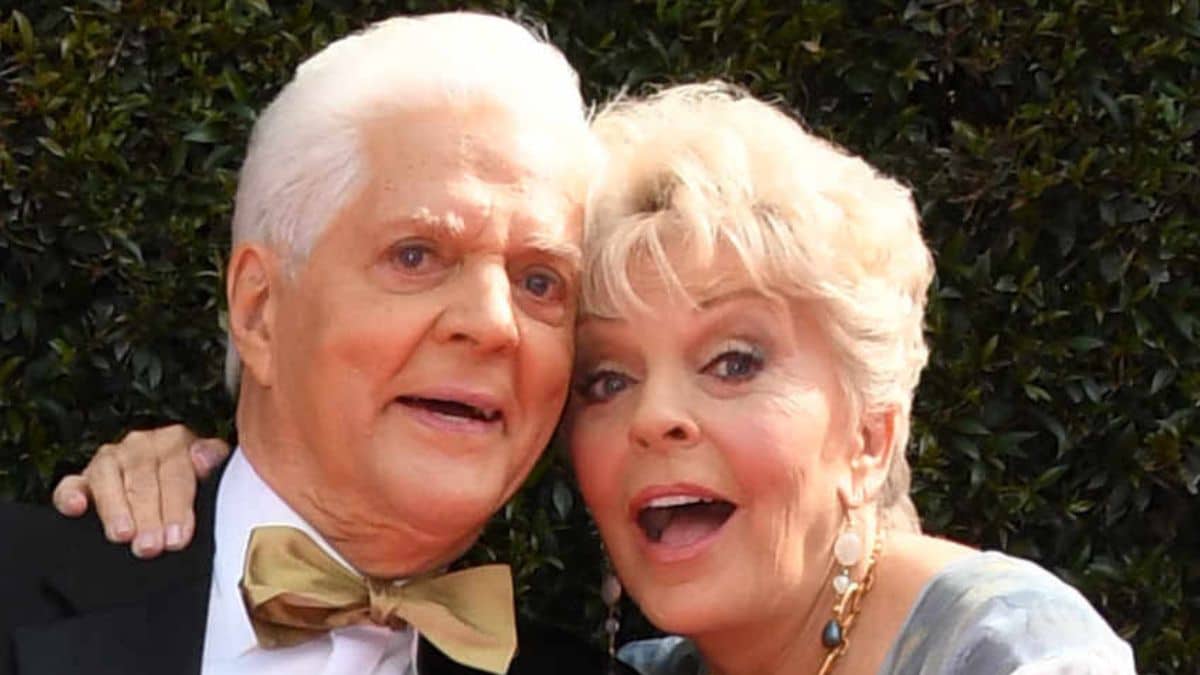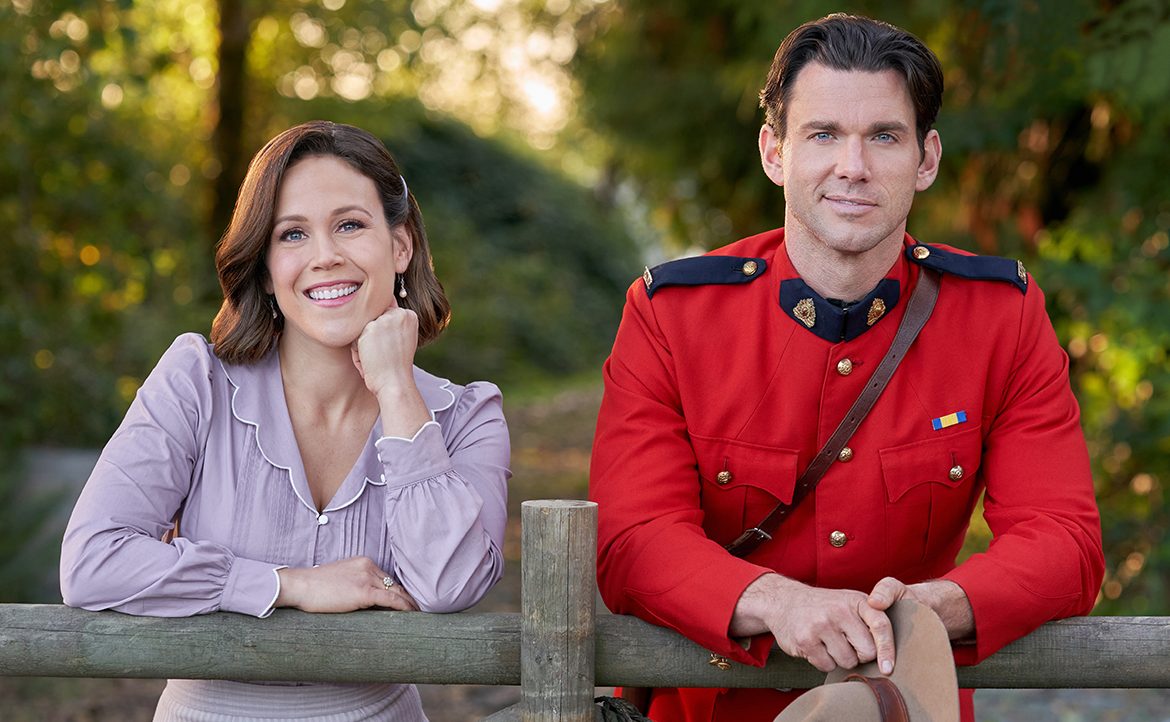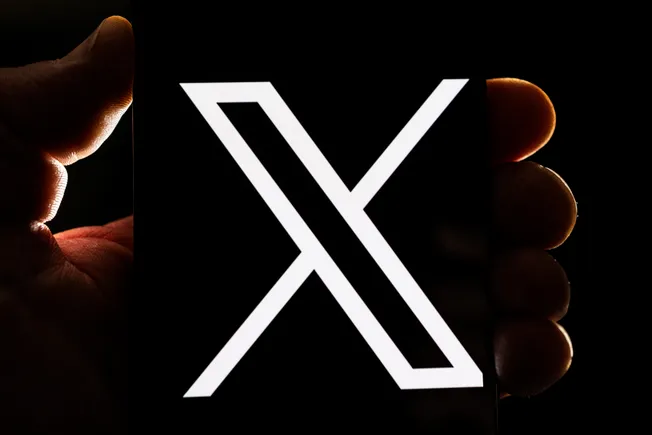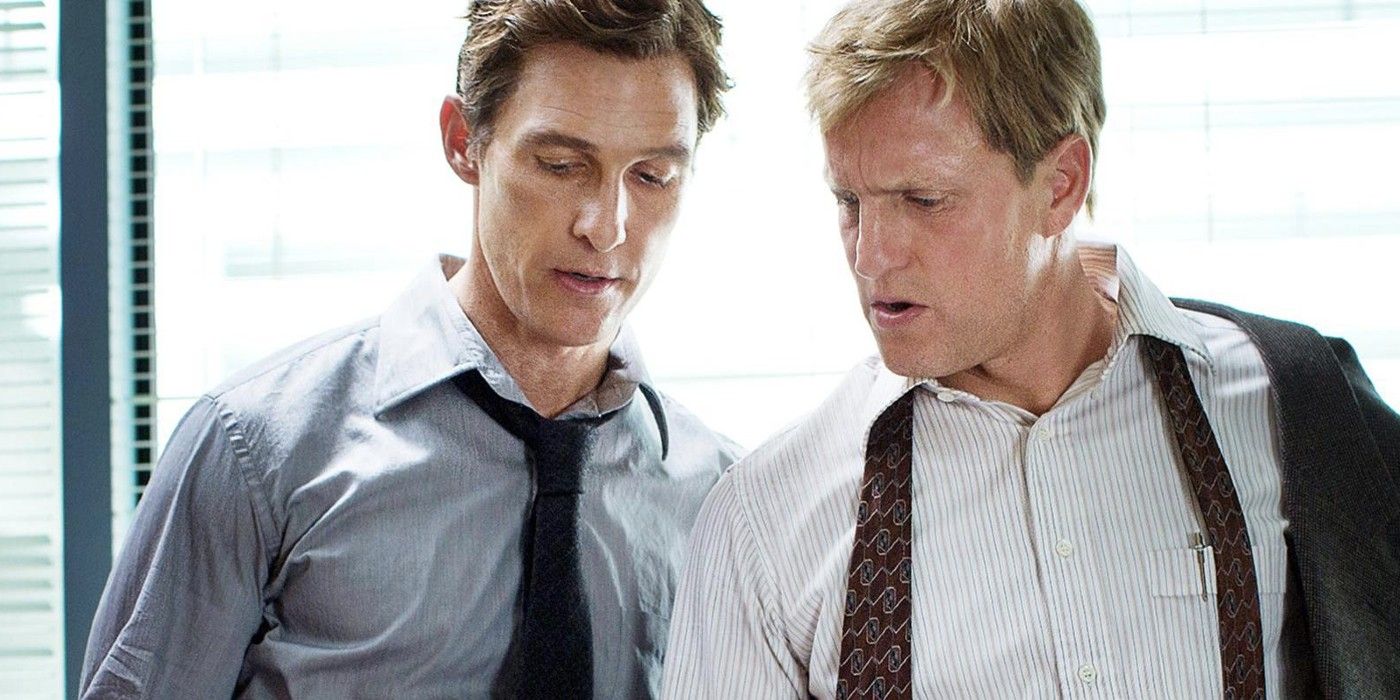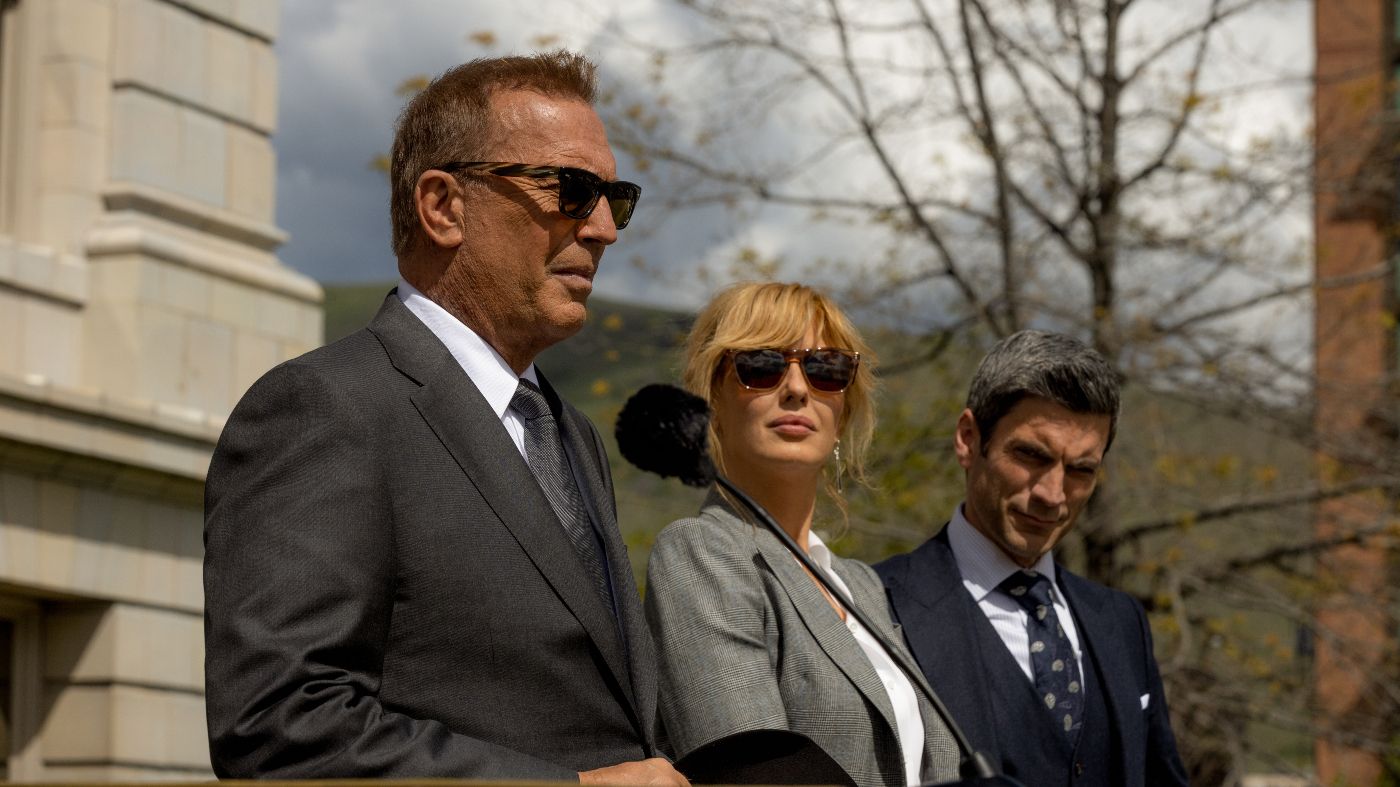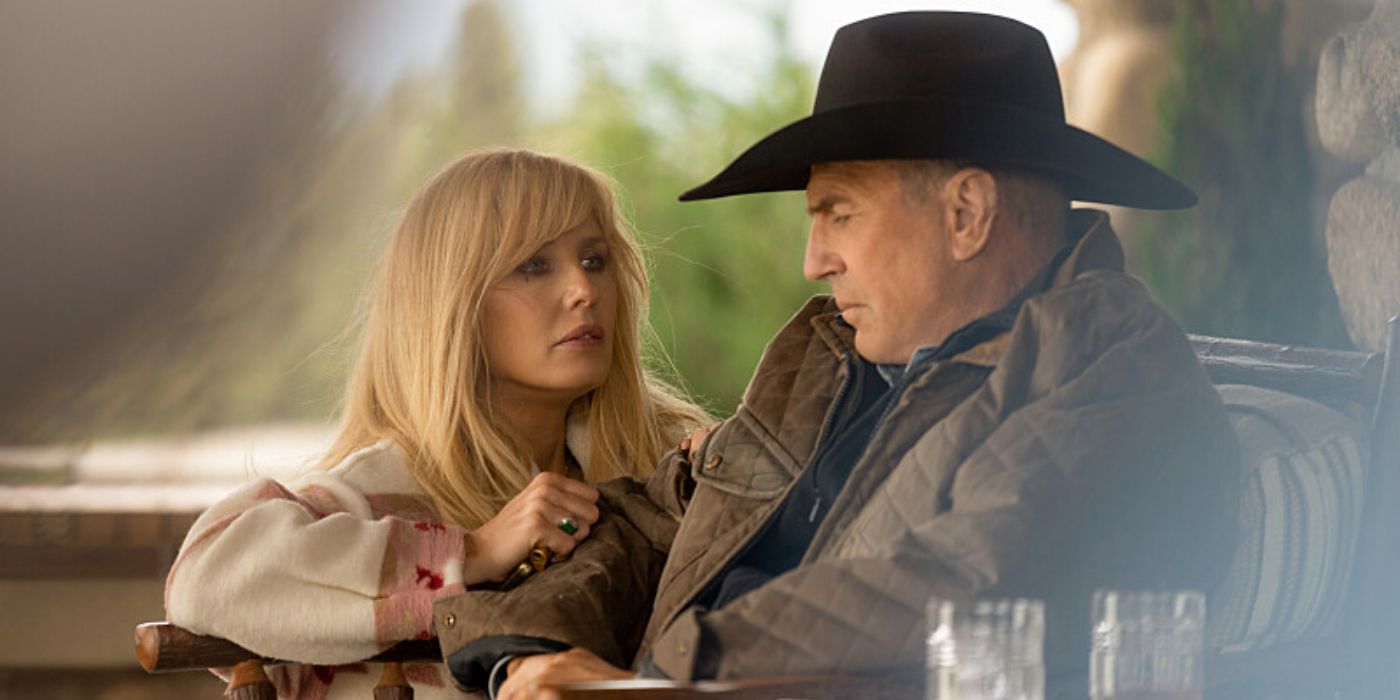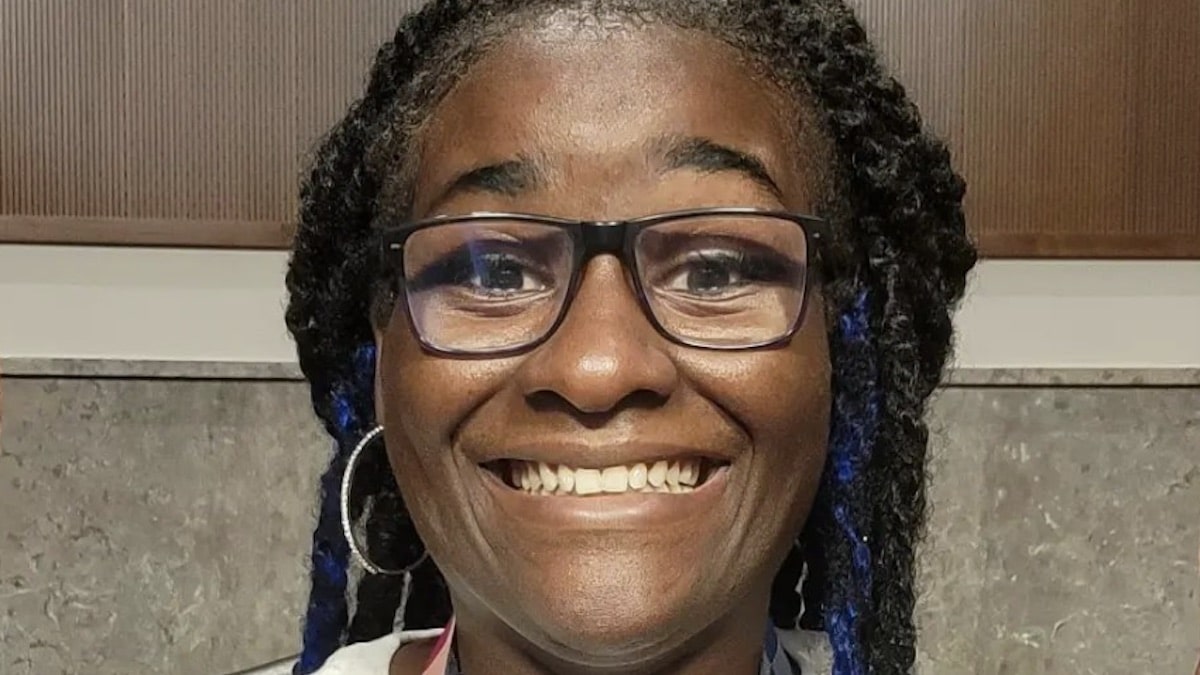With Kevin Costner officially leaving Yellowstone, Season 5 of the show will be its last. In its place, a new Yellowstone spin-off will emerge, focusing on a brand-new character played by Matthew McConaughey. Only time will tell where Yellowstone will go, but with Costner calling it quits on the program, it will doubtlessly mark a turning point for star-fueled TV shows.
What Kind of Stars Have Traditionally Headlined TV Shows?
For most of the history of television, it’s been a fact that stars in this arena cost less and are often less in demand than movie stars. An average episode of TV is made under way more restrictive budgets while TV programs require long-term commitments from performers, conditions that won’t win over costly movie stars but will be welcome developments for many other actors. However, in the 21st century, TV programs have begun to embrace way bigger names. There are many shows that one could point to as beginning this trend, including a spate of HBO TV movies in the 1990s. However, the presence of Matthew McConaughey in True Detective’s first season seems to be an especially pivotal turning point here. Getting an actor of McConaughey’s stature in the heat of Dallas Buyers Club award season buzz to appear in multiple episodes of a TV show indicated that things were about to change in the realm of small-screen entertainment.
In the years since that development, countless TV shows have emerged anchored by people nobody would have ever previously imagined headlining small-screen programming. It didn’t hurt that an army of streamers had entered the television marketplace with seemingly endless vaults of money, eager to pony up the funds to get big actors in their TV shows. A renewed emphasis on limited-run TV programs also helped the popularity of such casting, since famous faces like Meryl Streep and Mark Ruffalo could anchor a big HBO or Netflix show without having to worry about getting stuck in the same role for four or five years like the leads of a sitcom would.
This is all the lead-up to the circumstances that made the prospect of Costner headlining Yellowstone when it started in 2018 far less surprising than it would’ve been even five years earlier. What was interesting about this scenario was that Yellowstone was designed from the ground up to be a multi-season show. Costner wouldn’t wiggle out of the program after just five or six episodes, he’d have to stick with the character of John Dutton for multiple seasons. In the wake of his abrupt departure from Yellowstone, it’s doubtful we’ll be seeing more types of casting for this sort of long-term TV show in the future.
The Ramifications of Kevin Costner Leaving ‘Yellowstone’
The limited-run TV show was already the default home for movie actors like Andrew Garfield and Oscar Isaac when they engaged in small-screen acting endeavors. However, the way Costner’s potential departure would result in the conclusion of Yellowstone as a TV program is bound to make TV studios and networks officially opt for programs with finite lengths as the home for big-name actors. While there’s lots of money to be made from a TV show that runs for years and years, nobody involved will see all that cash if the program has to get canned due to the busy schedule of one actor.
It’s also likely that TV networks will be looking to make sure their programs are reliant on far more than a famous face to get the attention of viewers. Specifically, it looks like networks are leaning into the franchise game more than ever. This isn’t a wholly new concept (hello CSI and NCIS!) but it’s looking to become more dominant than ever in the world of prestige television. Even Showtime, a premium cable network that’s previously been known for challenging original fare, is apparently eager to spin out expansive universes out of titles like Billions and Dexter. With the rampant presence of such universes, these shows can be less reliant on just movie stars like Costner to ensure a program is a success. Much like with Marvel or Star Wars movies, big brand names can carry the day for future TV shows. Yellowstone knows the value of expansive universes better than anyone given how it’s inspired a bevy of spin-offs that travel all across various points in time.
While those are the shifts on the side of companies and networks that could occur in the wake of Costner walking away from the Yellowstone empire, it’s likely actors too could respond to this development. Specifically, it wouldn’t be surprising to see other big-name actors use this event as a precedent to justify more flexible schedules or favorable conditions for their participation in a certain big-name show. As the potential fallout of Costner’s prospective departure proves, a show can vanish in an instant once its famous leading man is gone and not every show can just turn to a spin-off to fill the void like Yellowstone. Costner tossing the gauntlet down like this might’ve just ushered in a new age of flexibility for movie stars on streaming programs.
A New Day Is Dawning in Television
It’s been clear for a while now that the status quo for premium television is shifting. Networks have been drastically cutting back how much money they spend, programs have gotten canned before they even air, and a golden promised land has quickly come back down to Earth. The fallout from the potential event of Kevin Costner leaving Yellowstone would just be the newest evidence of the ground shifting beneath everybody’s feet. Programs, even ratings juggernauts, can be canceled in the blink of an eye while a big-name actor can walk away from a show even if their longstanding role in it is “main actor.” It’s not like any of these events are unprecedented in the history of television, but such a high-profile casting snafu and show demise in the modern age of small-screen entertainment would at least feel unprecedented.
When this does come to pass, it’ll be an Earth-shattering event for TV shows anchored by movie stars. It’s doubtful we’ll be going back to the pre-True Detective days of TV casting if Costner leaves Yellowstone, but it’s equally doubtful the current status quo will be maintained.








